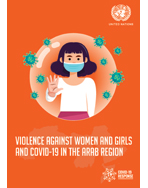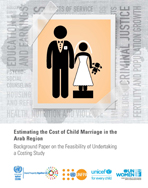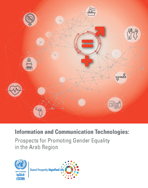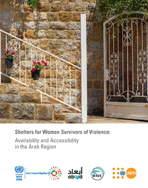Gender Based Violence

Gender-based violence (GBV), violence directed against a person on the basis of gender, is a global phenomenon and a grave violation of human rights. Its most common form is violence against women.
The Declaration on the Elimination of Violence Against Women, adopted by the General Assembly in 1993, defines violence against women as “any act of gender-based violence that results in, or is likely to result in physical, sexual or psychological harm or suffering to women, including threats of such acts, coercion or arbitrary deprivation of liberty, whether occurring in public or in private life”.
Forms of violence against women and girls include: intimate partner violence; child, early and forced marriage; forced pregnancy; honour crimes; female genital mutilation; non-partner sexual violence; sexual harassment; trafficking; violence condoned by the State; and violence against women and girls in conflict situations. They have devastating effects on individuals, communities and societies, and entail significant economic and social costs for countries.
The obligation of States to respond to violence against women and girls is enshrined in a number of global conventions, agreements and resolutions, such as the Convention on the Elimination of all Forms of Discrimination against Women, The Beijing Platform for Action, and Security Council Resolution 1325.
In the Arab region, many countries have addressed gender-based violence and violence against women through legislation, protection measures and institutional reforms. More needs to be done, however, to apply such laws and measures, allocate resources to programmes combating violence, and eradicate practices rooted in discriminatory attitudes towards women and girls. ESCWA works with member States and other stakeholders to enhance safety for women and guarantee them access to justice.










